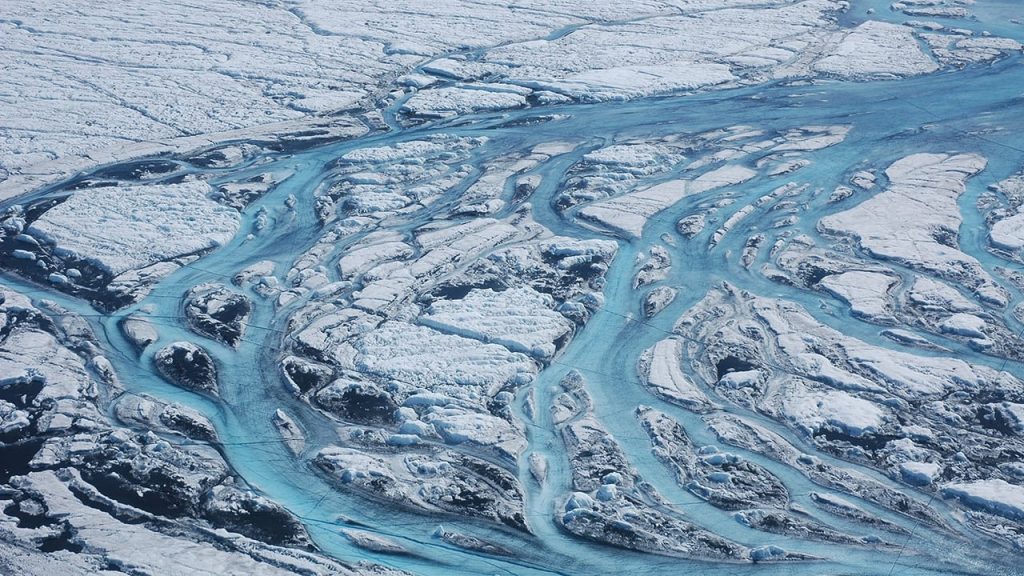
Earth's climate has changed many times and in many different ways over geologic history. These changes have most often played out over many thousands of years.
Today, however, human activity—primarily in the form of increasing concentrations of greenhouse gases in the atmosphere—is putting slow, inexorable pressure on the planetary system that governs Earth's climate. This is raising concerns that the climate could respond in abrupt and unexpected ways, shifting temperature or precipitation patterns in ways that may make it difficult for human society to adapt.
All Topics on Abrupt Climate Change
The Heat Before the Cold
Global warming may trigger colder winters in the U.S. and Europe by disrupting ocean currents—proof that climate change holds surprising twists.
Are We on the Brink of a 'New Little Ice Age?'
Evidence for abrupt climate change is readily apparent in ice cores taken from Greenland and Antarctica.
Common Misconceptions about Abrupt Climate Change
Several decades of scientific research have yielded significant advances in understanding the ocean's role in regulating Earth's climate.
What's After the Day After Tomorrow?
To help distinguish science from science fiction, here is a summary of points raised by the movie and commentary edited by WHOI climate scientists.
Abrupt Climate Change: Should We Be Worried?
Fossil evidence demonstrates that Earth's climate can shift within a decade, establishing new and different patterns that can persist for decades to centuries.

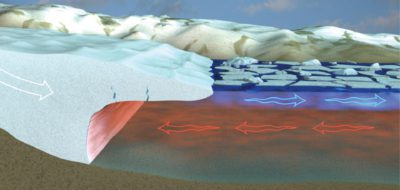
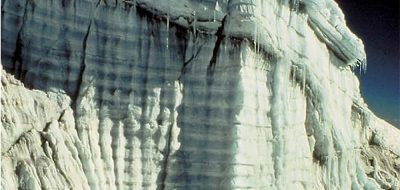
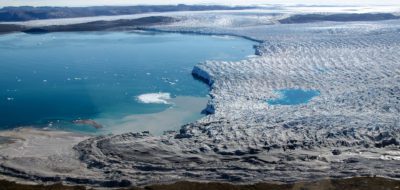
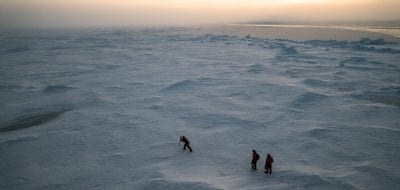

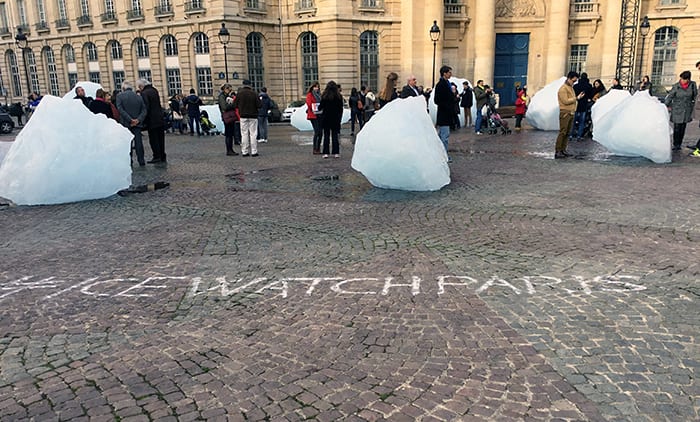
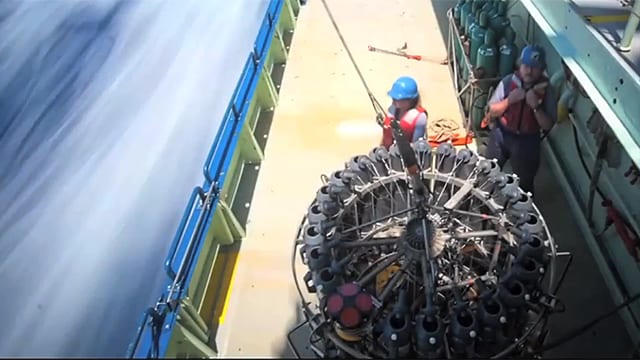
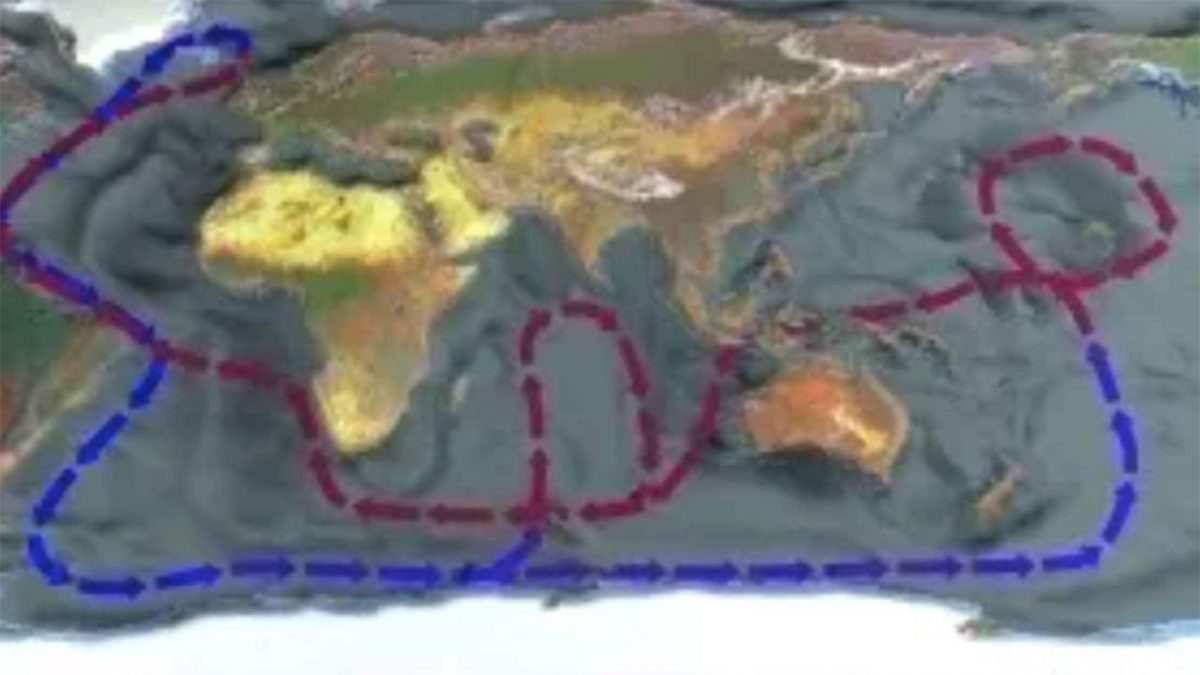
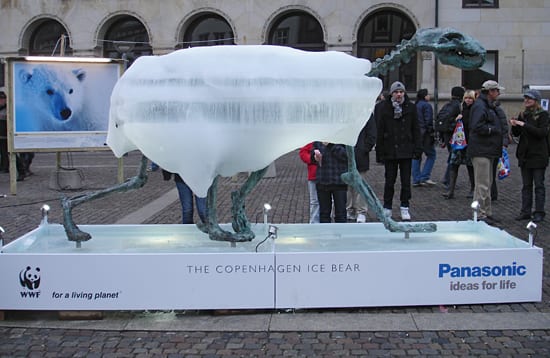
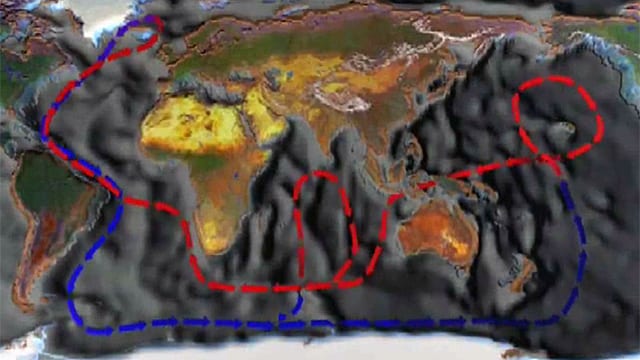
 The Heat Before the Cold
The Heat Before the Cold  Are We on the Brink of a 'New Little Ice Age?'
Are We on the Brink of a 'New Little Ice Age?' 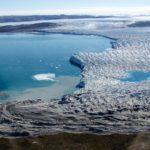 Common Misconceptions about Abrupt Climate Change
Common Misconceptions about Abrupt Climate Change  What's After the Day After Tomorrow?
What's After the Day After Tomorrow?  Abrupt Climate Change: Should We Be Worried?
Abrupt Climate Change: Should We Be Worried?